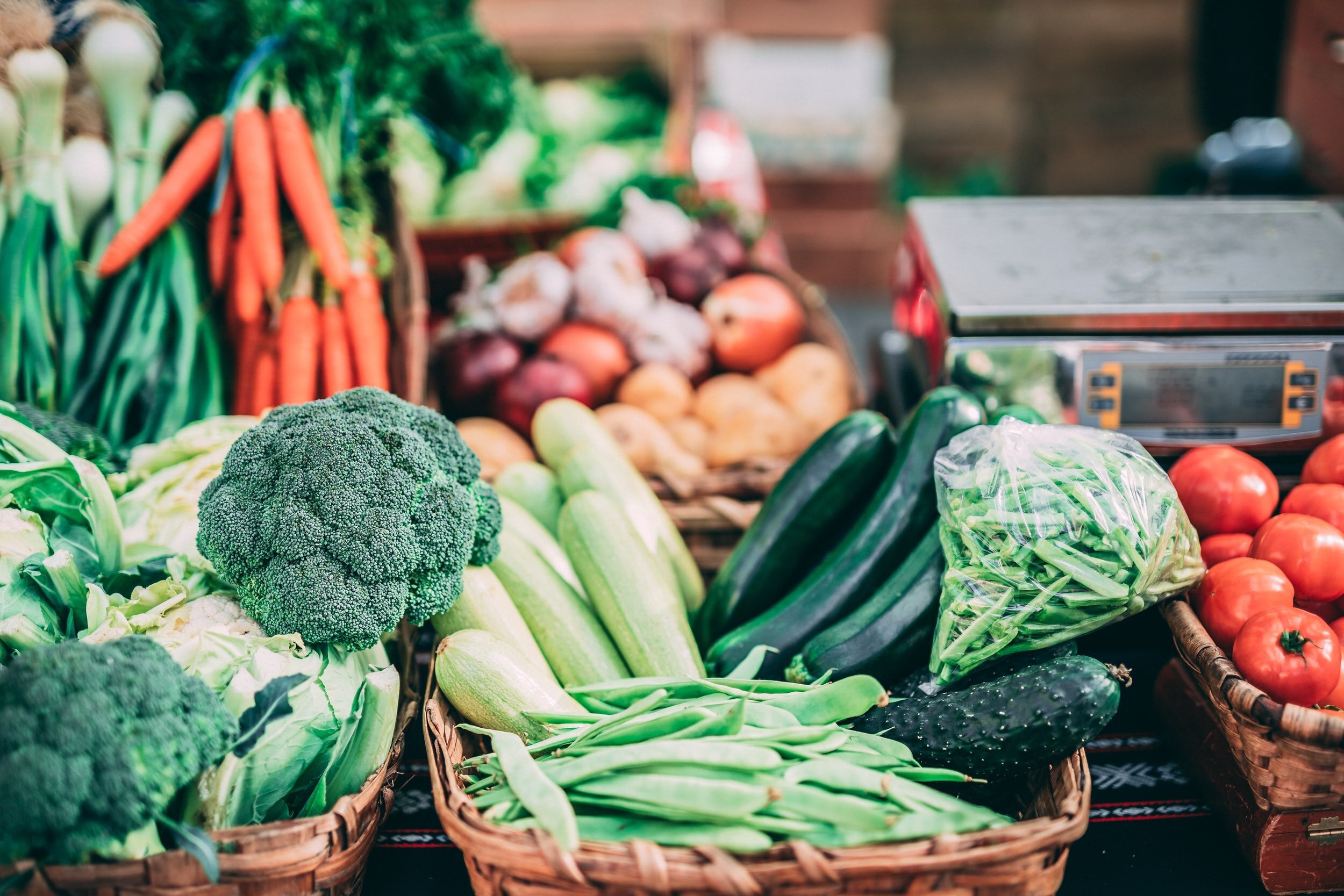Action Guide
Home / Take Action / Action Guide: Food Waste
Let’s Take Action on Waste
Today, Canada faces a waste crisis. As a country ranked the 8th biggest waste producer in the world, we have a lot of work to do. The Canadian government reports that 3 million tonnes of plastic waste are thrown away every year, only 9% of which is recycled, leaving the rest to end up in landfill or in our natural environment. To tackle this issue, we need all hands on deck. This includes action from governments and businesses at every level, and from individuals like yourselves!
We’ve developed our Waste Reduction Hub to be an ever-growing hub of resources and action items to get you started on your waste reduction journey. So, let’s get started!
Categories
click into a category to find waste resources
Food Waste

Food Waste
Jump to: Introduction | Why it Matters | Quick Tips | What Can You Do
Introduction
A staggering one third of all food made for human consumption is either lost or wasted. By wasting food we’re also wasting all of the water, fossil fuels, land and human labour that went into getting it to our plates.
In fact, 25% of the world’s freshwater supply is used to grow food that is never eaten.
Not only is food waste a burden on the planet, it’s also expensive, costing the average Canadian $1,100 per year.
By reducing food waste we can save money, save resources, and help reduce greenhouse gas emissions. It’s a big job, but we’re here to help you through it!

Why It Matters
Wasted Resources
Food waste isn’t just about the food. It’s also about the water, land and energy that goes into getting the food from the farm to our dinner plates.
Community Impact
Food waste hurts communities. Roughly one-third of all food produced worldwide is wasted. If we could stop food waste, there would be enough food preserved to feed 2 billion people.
Quick Tips on Reducing Food Waste
Plan your meals: avoid food waste by planning your meals, so you’ll know exactly what ingredients you’ll need and can use them before they go bad. See Love Food Hate Waste’s tips for meal planning
Make meals with leftovers: find recipes here
Compost if you have the facilities to do so: either through your municipality or in your backyard
Shop local: help reduce greenhouse gas emissions and support your local economy by purchasing food from farmers markets and small businesses
Buy “ugly produce”: fruits and vegetables with small imperfections are harder to sell and, for this reason, are often wasted
Talk to your local grocery store: send them an email, message them on social media, or talk to the local store manager to ask them what they’re doing about food and plastic waste




















